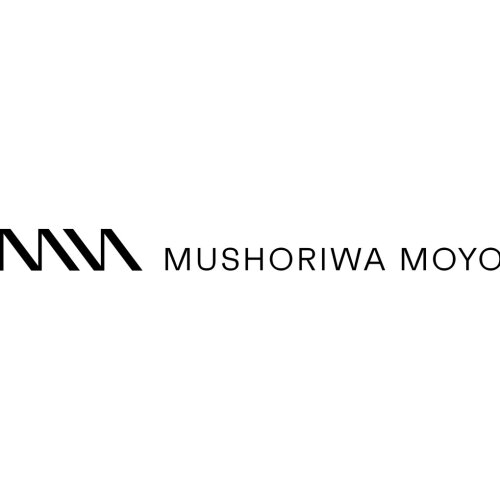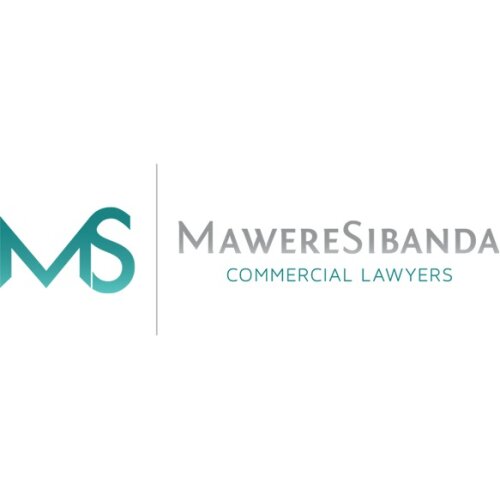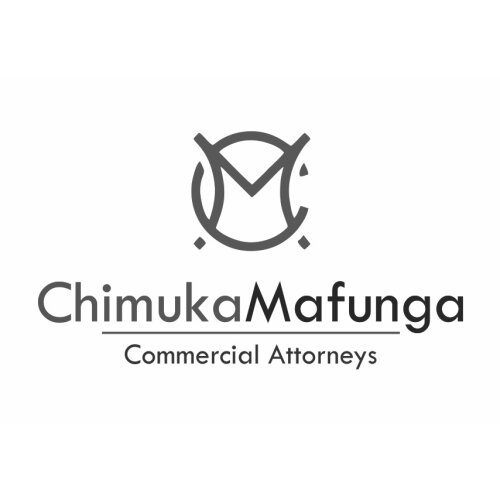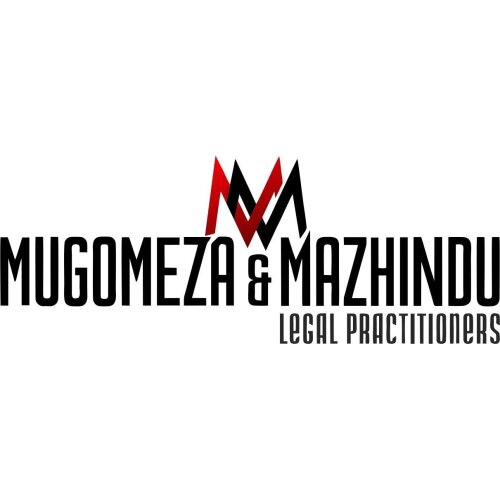Best Creditor Lawyers in Harare
Share your needs with us, get contacted by law firms.
Free. Takes 2 min.
List of the best lawyers in Harare, Zimbabwe
About Creditor Law in Harare, Zimbabwe
Creditor law in Harare, Zimbabwe, involves the legal principles pertaining to individuals or institutions (creditors) that lend money or extend credit to others. This area of law focuses on the rights and remedies of creditors, particularly when a debtor fails to fulfill their financial obligations. The framework is designed to ensure that creditors can recover debts in a fair and lawful manner while providing protections for debtors against unfair practices.
Why You May Need a Lawyer
There are several situations where you might require legal assistance in creditor matters:
- You are owed money by an individual or business and need legal assistance to recover the amount.
- You want to understand your rights as a creditor in a bankruptcy proceeding.
- You are dealing with cross-border debt recovery issues.
- You are a debtor facing legal actions from creditors and require defense or negotiation assistance.
- You need advice on compliance with local credit and borrowing laws.
- You are involved in a business transaction where you need to secure your rights as a creditor.
Local Laws Overview
In Harare, creditor laws are governed primarily by the Insolvency Act, Contract Act, and other relevant legislation. Key aspects include:
- Insolvency Law: Governs the processes when a debtor cannot service their debts. It provides mechanisms for the equitable distribution of the debtor's estate among creditors.
- Contractual Obligations: All credit extended must be based on a legally binding agreement. If such agreements are breached, legal action can be pursued.
- Security Interests: Laws regulating the establishment of security interests, like mortgages or pledges, are crucial for creditors seeking to secure their loans.
- Debt Recovery: Creditors have specific procedures they must follow to recover debts, including obtaining court judgments.
Frequently Asked Questions
What is a secured creditor?
A secured creditor is one who has a legal claim, or lien, on specific assets of the debtor as security for the debt. This ensures they have priority over unsecured creditors in case of liquidation.
Can interest rates be enforced on overdue debts?
Yes, but the rate and enforceability will depend on the terms of the original contract and compliance with statutory limits set by local financial regulations.
What happens if a debtor declares bankruptcy?
If a debtor declares bankruptcy, their assets are typically divided among creditors, with secured creditors being prioritized. Unsecured creditors may not recover the full amount owed.
Is court action the only way to recover debt?
No, alternative dispute resolution methods, such as mediation or arbitration, can be used and are often encouraged to avoid lengthy court proceedings.
How long does a creditor have to collect a debt?
The statute of limitations, which determines how long a creditor can legally enforce debt collection, will vary depending on the specifics of the contract and local laws.
Can a creditor garnish wages in Zimbabwe?
A creditor may seek a court order to garnish wages, which allows them to collect money directly from the debtor's salary. This typically requires a legal judgment.
What rights do debtors have against creditors?
Debtors have rights against harassment, unfair or deceptive practices, and unreasonable collection tactics. Legal frameworks protect these rights, and breaches can be challenged in court.
How can someone verify a creditor's claim?
Debtors should request formal communication and documentation outlining the debt's origins, including any contracts, receipts, and the calculation of amounts due.
Can a creditor collect a debt from a deceased debtor's estate?
Yes, creditors can submit claims against a deceased debtor’s estate, which must be settled according to probate laws before any distribution to heirs.
What is a debt consolidation, and is it legal in Zimbabwe?
Debt consolidation involves combining multiple debts into a single loan under possibly more favorable terms. It is a legal practice when carried out according to regulatory standards.
Additional Resources
For additional assistance, consider approaching the following institutions:
- Local Bar Association: For referrals to trustworthy creditor attorneys.
- Consumer Council of Zimbabwe (CCZ): Offers guidance on consumer credit issues.
- Ministry of Justice, Legal and Parliamentary Affairs: Provides guidelines on legal rights and proceedings.
- Zimbabwe Republic Police Commercial Crimes Division: For cases involving commercial fraud or related matters.
Next Steps
If you seek legal assistance regarding creditor matters in Harare, consider the following steps:
- Gather all relevant documentation related to the debt or credit issue.
- Consult with a legal professional specializing in creditor law to assess your options.
- Explore alternative dispute resolution avenues if litigation seems premature or costly.
- Remain informed about your rights and obligations to make constructive decisions in your legal proceedings.
Lawzana helps you find the best lawyers and law firms in Harare through a curated and pre-screened list of qualified legal professionals. Our platform offers rankings and detailed profiles of attorneys and law firms, allowing you to compare based on practice areas, including Creditor, experience, and client feedback.
Each profile includes a description of the firm's areas of practice, client reviews, team members and partners, year of establishment, spoken languages, office locations, contact information, social media presence, and any published articles or resources. Most firms on our platform speak English and are experienced in both local and international legal matters.
Get a quote from top-rated law firms in Harare, Zimbabwe — quickly, securely, and without unnecessary hassle.
Disclaimer:
The information provided on this page is for general informational purposes only and does not constitute legal advice. While we strive to ensure the accuracy and relevance of the content, legal information may change over time, and interpretations of the law can vary. You should always consult with a qualified legal professional for advice specific to your situation.
We disclaim all liability for actions taken or not taken based on the content of this page. If you believe any information is incorrect or outdated, please contact us, and we will review and update it where appropriate.













